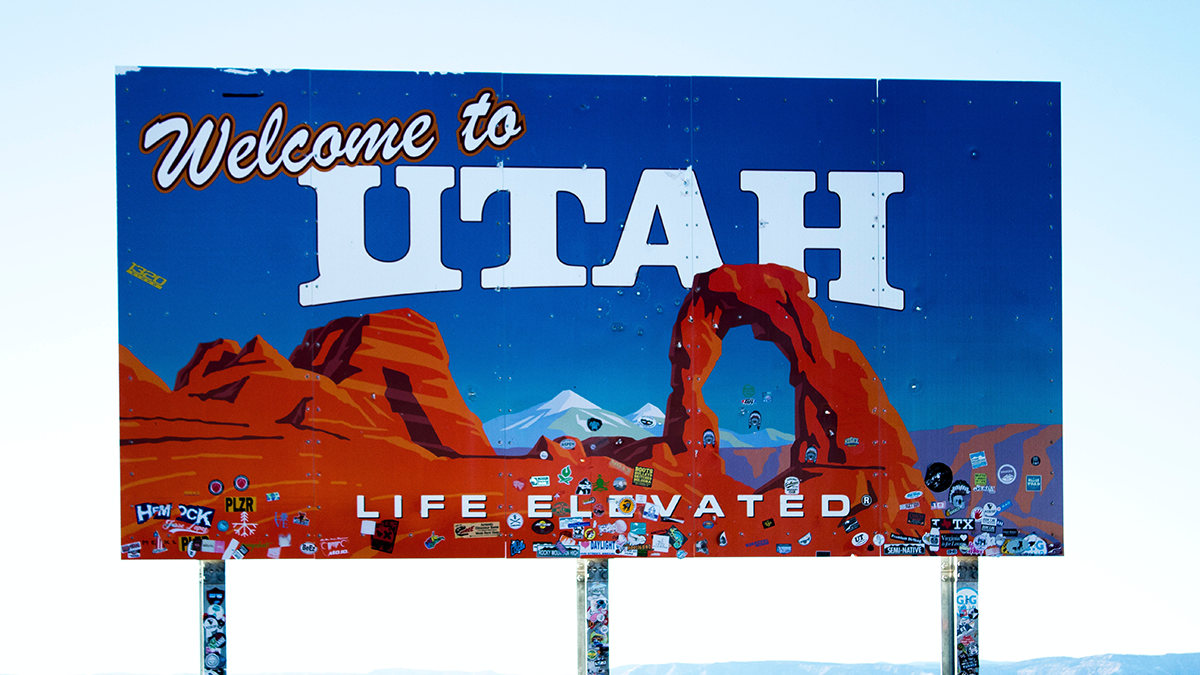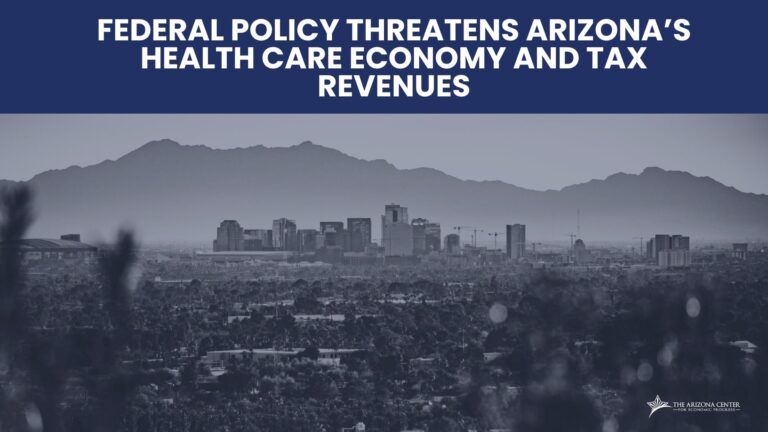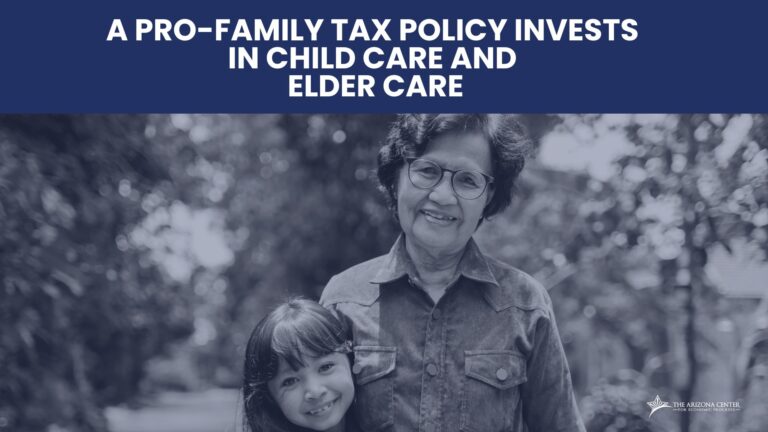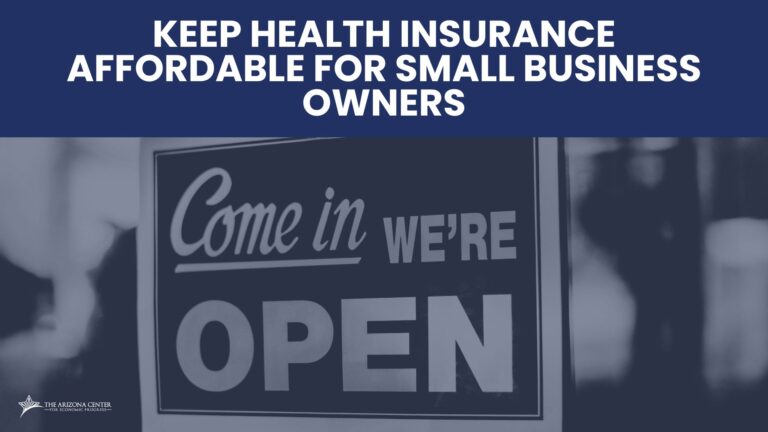
What are the Neighbors Doing?
For several years, tax cuts have been the tool of choice that many states have used to try to make themselves more competitive and to attract new businesses and jobs to their state. However, many of those same states are now focusing their attention on investing in K-12 public education, higher education and infrastructure. Nevada and Utah are examples of low-tax states that are seeking to find the right balance between low taxes and ensuring the state has the revenues needed to properly invest in those priorities that will make the state economically competitive. They provide a model of fiscally conservative states building broad bipartisan coalitions fueled by Governors, legislative leaders, and the business community to make strategic investments that boost long term economic strength. It makes sense that states are taking this approach. Productivity and innovation are key drivers of economic growth and a strong public education system that results in greater post-secondary attainment is one of the most important ways to make a state's economy more productive.



